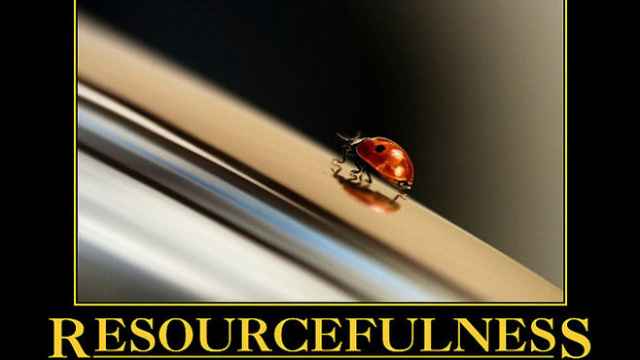Фейсбу́к: Facebook
There is nothing quite so humiliating for an adult as stumbling badly in a foreign language. You know how it is. You open your mouth to say something, then realize you aren’t sure and close it. And then you think you do know, after all, and so you open your mouth again, only to slam it shut when you decide you really don’t. You stand there sucking air like a human guppy.
It’s especially humiliating when the phrase that’s giving you trouble should be easy. My gulping fish moment was when I wanted to say the very simple declarative sentence: I spent half the night on Facebook. Is it на Фейсбуке or в Фейсбуке, and what verb do you use?
So I asked around. The consensus on на or в was that there isn’t a consensus. There is, however, a large, nearly overwhelming majority who say в Фейсбуке and therefore из Фейсбука. For example: Сегодня я решил удалить страницу в Фейсбукe. (Today I decided to delete my Facebook page.) Or this claim: Россияне массово уходят из Фейсбука. (Russians are leaving Facebook in droves.) But you sometimes hear or read: Я не мог найти человека на Фейсбуке. (I couldn’t find the guy on Facebook). Or: Я узнал самый быстрый способ скачать клипы c Фейсбука. (I found the fastest way to download videos from Facebook.)
Sometimes people get snazzy — or maybe just lazy — and call it фейс: Еще одна забавная страница в фейсе. (There’s another fun page on FB.) But you can’t do this unless you are under 14 years old and/or have a lot of tattoos.
The verb most commonly used is сидеть (to sit), as in я весь вечер сидел в Фейсбуке. (I was on Facebook all evening.) But you can also hear the slangy торчать (to hang around). Sometimes people just talk about getting on, not staying in: Вчера вечером я залезла в Фейсбук. (Last night I got on, literally “crawled into,” Facebook.) Some of my acquaintances of the older generation think of Facebook not as a place, but as a kind of book, or maybe a virtual visitor’s album: Я давно не открывал Фейсбук. (I haven’t opened Facebook in a long time.) Закрой Фейсбук и пойдём ужинать. (Close Facebook and let’s go eat.)
But once you get on Facebook and sit there for a while, it’s pretty easy to talk about. All you do is speak English with a Russian accent. If you want someone to like your page, you just say: Кликни “лайк”! (Click “like”!) Or maybe: Жду ваши лайки. (I’ll be waiting for your “likes.”) Or just use the verb лайкать, which is to like something via a pictogram of a thumbs-up. Я лайкал всё подряд. (I clicked “like” on everything.)
If you write something, you call it пост or use the verb pair постить/запостить. Нельзя просто так взять и запостить новость без проверки. (You can’t just take and post news without checking it.) Apparently for this there is a punishment: Забанят тебя. (You’ll be banned.)
But that doesn’t happen too often among френды (social network friends). When Крым (Crimea) became крымнаш (Crimea is ours) there were some баны (bans) and people отфрендили друг друга (unfriended each other). That changed everyone’s френд-ленты (friend lists). But to get back in someone’s good Facebook graces, all you have to do is: фоткать милого щеночка (take a photo of a sweet puppy) and запостить её (post it).
Все лайкают. (Everyone likes it.)
Michele A. Berdy, a Moscow-based translator and interpreter, is author of "The Russian Word's Worth" (Glas), a collection of her columns.
A Message from The Moscow Times:
Dear readers,
We are facing unprecedented challenges. Russia's Prosecutor General's Office has designated The Moscow Times as an "undesirable" organization, criminalizing our work and putting our staff at risk of prosecution. This follows our earlier unjust labeling as a "foreign agent."
These actions are direct attempts to silence independent journalism in Russia. The authorities claim our work "discredits the decisions of the Russian leadership." We see things differently: we strive to provide accurate, unbiased reporting on Russia.
We, the journalists of The Moscow Times, refuse to be silenced. But to continue our work, we need your help.
Your support, no matter how small, makes a world of difference. If you can, please support us monthly starting from just $2. It's quick to set up, and every contribution makes a significant impact.
By supporting The Moscow Times, you're defending open, independent journalism in the face of repression. Thank you for standing with us.
Remind me later.








